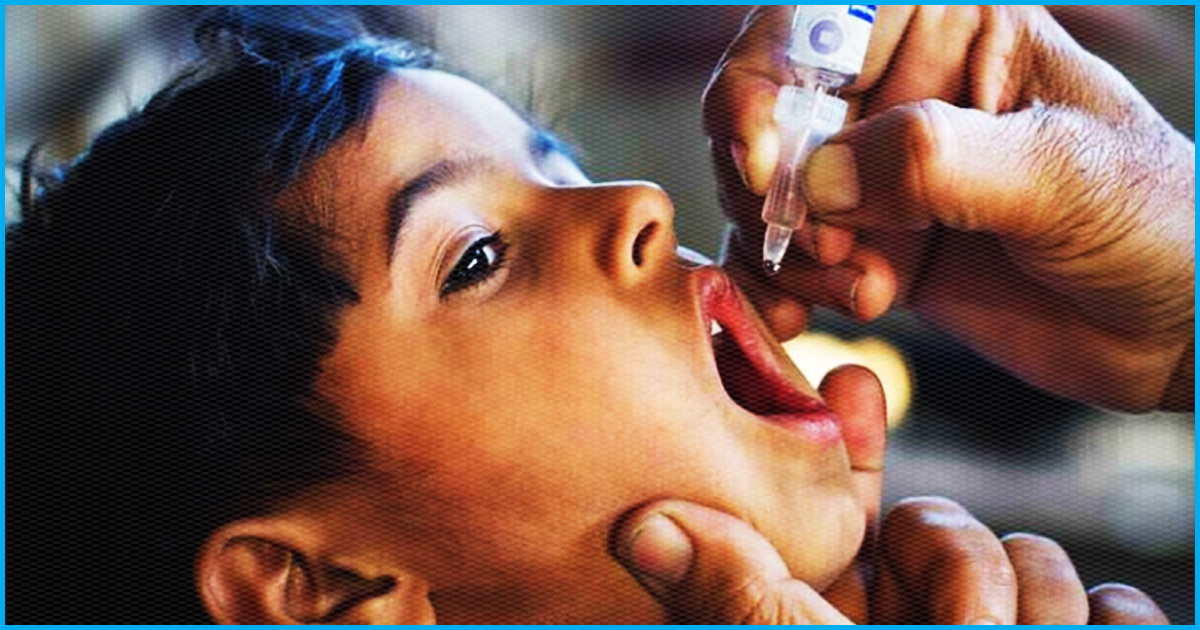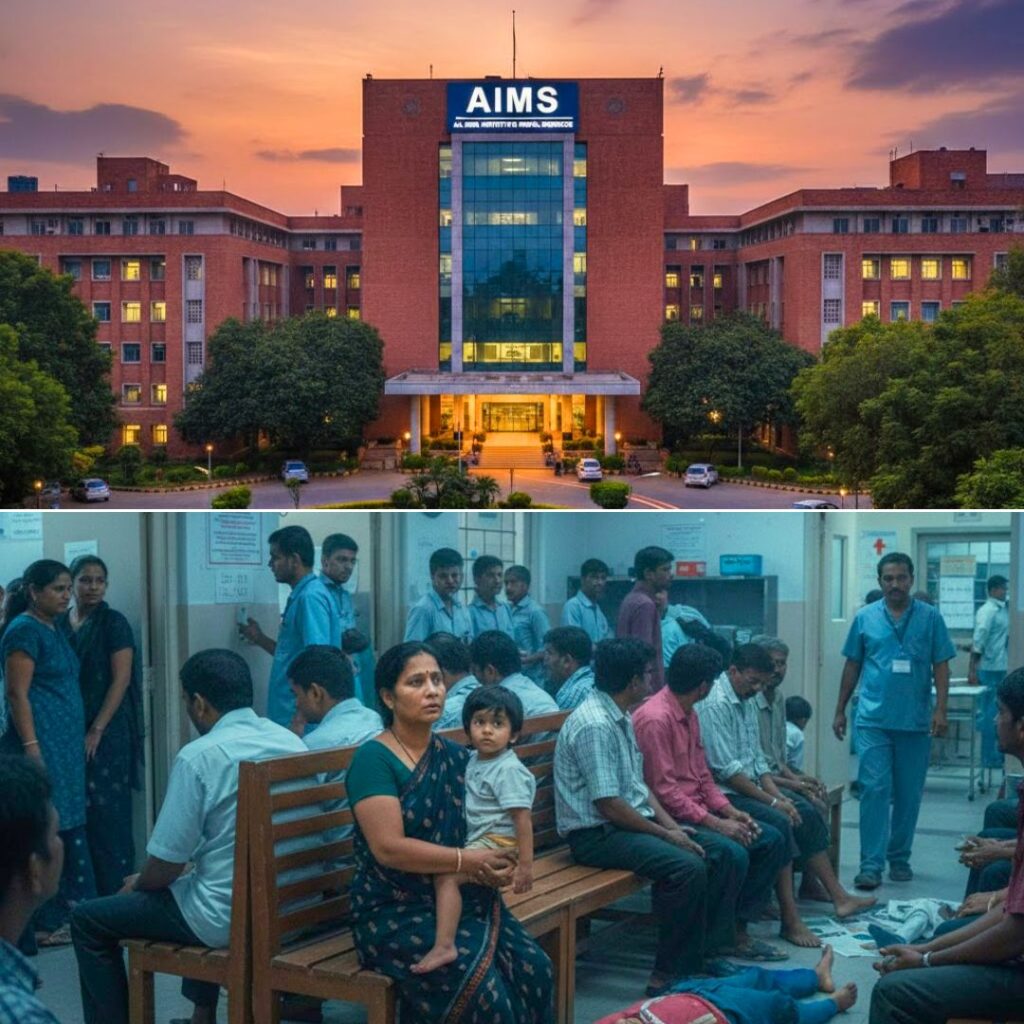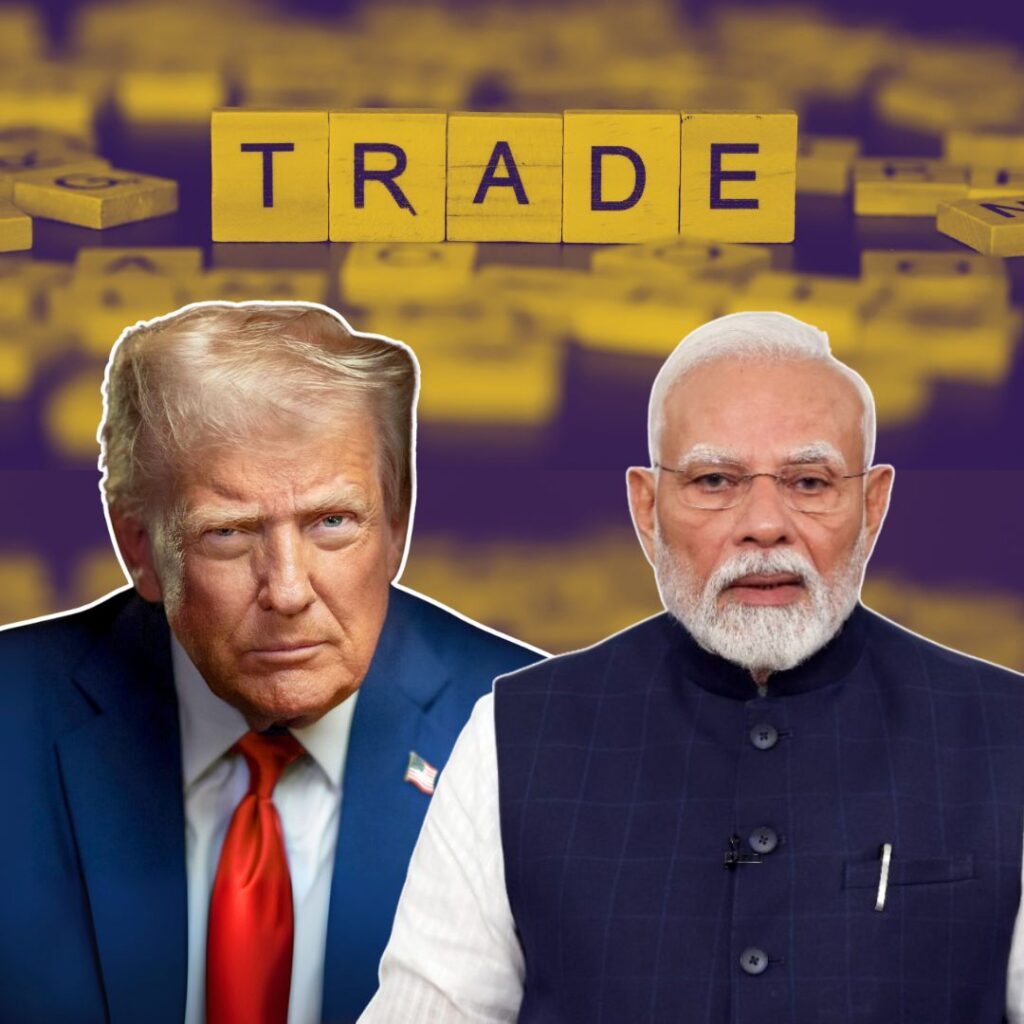Reiterating India’s Polio-free status, both UNICEF and the World Health Organisation (WHO) released a statement where it said that because of a high routine immunisation coverage in India, the risk of children getting affected by the contaminated polio vaccines is “minimal”.
WHO and UNICEF calls polio vaccines safe
India’s “Polio Free” status was thought to be at stake when at least three batches of polio vaccines, reportedly containing 50,000-1.5 lakh vials, were found to be contaminated with type 2 poliovirus, which the government had phased out in April 2016. The Times Of India reported that the vaccines had been manufactured by a Ghaziabad-based firm Biomed and had been administered to children in Uttar Pradesh, Maharashtra and Telangana. This created a sense of panic among the citizens who feared that their children might be exposed to the virus if vaccinated.
However, quashing all concerns, the two agencies said that the Universal Immunization Programme (UIP) are safe and urged people to get their children vaccinated to help keep India polio-free. According to NDTV, the statement said, “Certified polio-free in March 2014, India continues to remain vigilant against all three types of polioviruses. The last polio case due to wild poliovirus in the country was detected on 13 January 2011.” Moreover, the agencies lauded the government’s efforts in withdrawing the contaminated vaccines and said, “immediate withdrawal of these vaccines demonstrates the commitment of the government to the health of children.”
The Union health ministry and the World Health Organisation (WHO) had stepped up vigilance in these three states in particular. Moreover, the company’s managing director was arrested by the police on September 27. The Central Drugs Standard Control Organization (CDSCO) on Saturday, September 29 also constituted a three-member team to investigate the serious breach in medical regulatory measures. The team is reportedly going to start investigating the possible causes of contamination by Wednesday, October 3. The company has also been asked to stop the manufacture and sale of the vaccines till further notice.
Why is the Polio Type 2 breach problematic?
India was officially declared to be “polio-free” by WHO in March 2014 while the type 2 strain in vaccines was withdrawn in 2016. Accordingly, the Indian government, keeping in line with WHO’s guidelines on Polio End Game Strategy, had instructed all oral polio vaccine (OPV) stocks to be destroyed by April of 2016, following which all poliovirus vaccines were expected to be bivalent containing only the type 1 and type 3 viruses. A senior official told The Telegraph that CDSCO is trying to find out as to how Biomed released the Type 2 vaccines for the government’s immunisation programme.
The breach also puts to risk the health of babies born after April 2016, when the Type 2 vaccines were phased out worldwide and in India. According to LiveMint, the company was supplying polio vaccines only for the government-run immunisation programme and 50,000 vials of the contaminated vaccines may have already been used in the three abovementioned states. The unused batches have been recalled and are stocked in the warehouses while 13 batches of samples have been tested by the Central Drug Laboratory.
The news of type 2 poliovirus contamination came to light when the WHO found signs of the virus in stool samples from its routine surveillance reports from Uttar Pradesh. Upon further evaluation, contamination was confirmed. All OPVs contain strains of weakened polioviruses which are shed by the vaccinated children in their stool. However, in certain rare instances, these live viruses can regain strength and cause paralysis among children.
Reportedly, the recent lapse cannot be brushed off as there are chances of the disease re-entering India. Moreover, all samples of vaccine batches are routinely checked in government laboratories. Even though Polio has been eradicated in India, the country continues to conduct mass vaccination campaigns against the disease using bivalent polio vaccinations to maintain a high immunity.
As pointed out by WHO and UNICEF, it is very crucial to continue with the immunisation programme to keep children safe from the disease which has been eradicated from India.
Also Read: Polio Virus Comes Back To Gujarat, After It Ignored WHO’s Vaccine Alert










